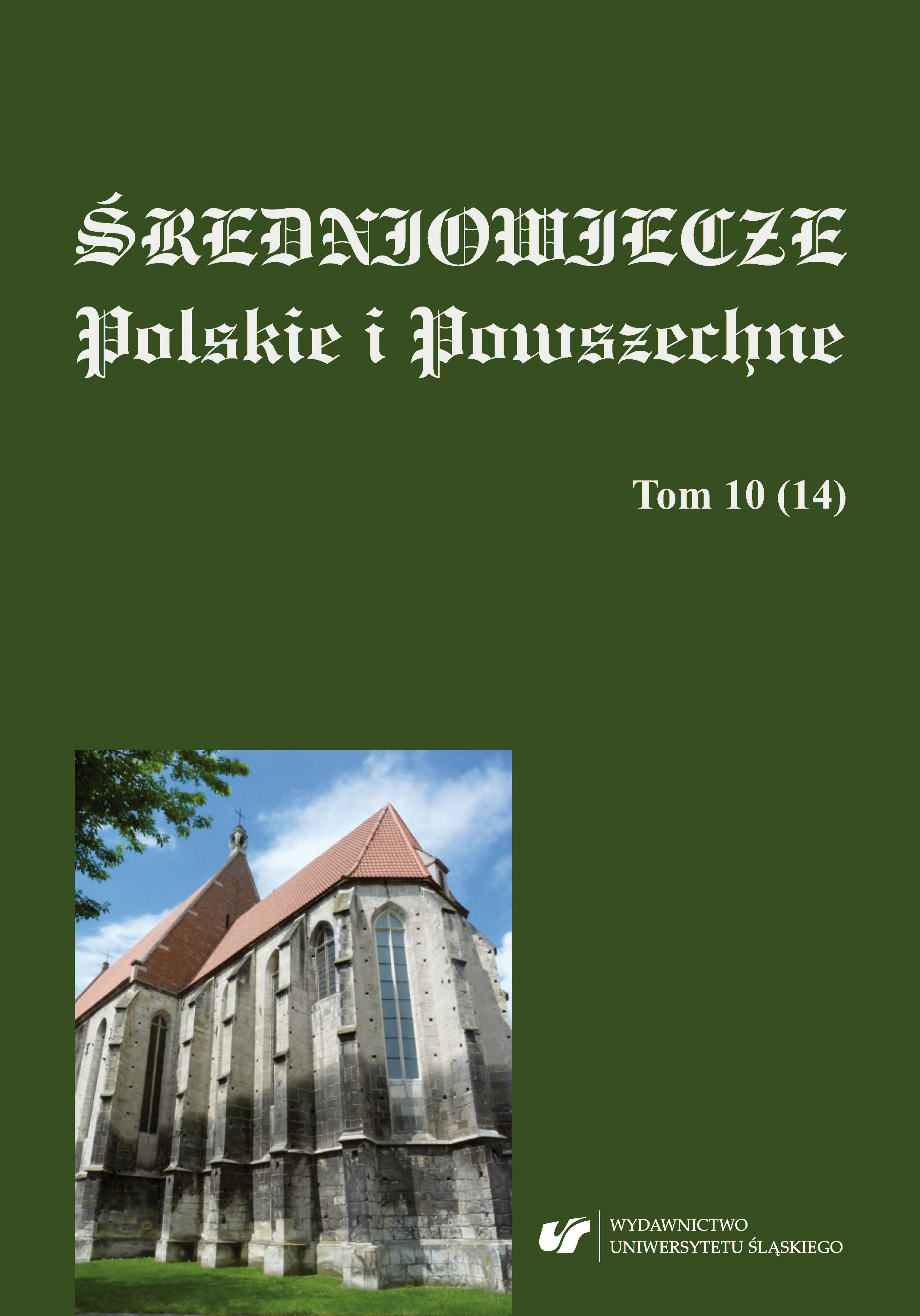Víkingarvísur or Konungavísur? On the Potential Role of the Skaldic Viking Encomia
Víkingarvísur or Konungavísur? On the Potential Role of the Skaldic Viking Encomia
Author(s): Jakub MorawiecSubject(s): History, Cultural history, Studies of Literature, History of ideas, Oral history, Middle Ages, Theology and Religion, History of Religion
Published by: Wydawnictwo Uniwersytetu Śląskiego
Keywords: skaldic poetry; the speaker of the law; Iceland; Denmark; the Church; hagiography; Slavic peoples
Summary/Abstract: Skaldic poetry that praised the deeds of the Viking heroes have been for a long time at the forefront of academic inquiry, particularly in the context of the Scandinavian activity in the region of the British Isles at the turn of the 10th century. Poems such as Hallfred Óttarsson’s “Óláfsdrápa”, Sigvat Þórðarson’s “Víkingarvísur” or Óttar Svarti’s “Hǫfuðlausn” have been perceived as testimonials to the memory of the Viking past, and they were often utilized by the poets themselves in their efforts to present their creative output as fundamental in the creation of the ideology of power. The presented article proposes a different approach to the poems praising the warrior deeds of the Scandinavian rulers. The author posits that the selected poems were not only meant to commemorate the warrior feats of their heroes, but first and foremost to emphasize their kingly attributes. To this end, the poems presented the victims of the Viking attacks as rebels and evildoers, righteously punished for their crimes by the sovereign and forced to recognize his authority.
Journal: Średniowiecze Polskie i Powszechne
- Issue Year: 2018
- Issue No: 14
- Page Range: 36-55
- Page Count: 20
- Language: English

